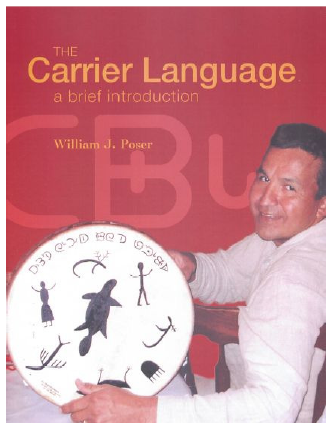A flicker of syntactic disquiet
A "dangling modifier" can follow the intended understood subject in a sentence and yet still dangle. That is (let me rephrase, since the traditional "dangling" metaphor isn't very helpful): a subjectless non-finite clause in a phrase functioning as an adjunct may be hard to associate with a suitable target of predication even though the intended one is a subject noun phrase occurring earlier in the same sentence. Here is an example, from a short piece about comedian Russell Brand and singer Katy Perry that appeared in the UK newspaper Metro:
Russell Brand says Katy Perry's God-fearing parents loved his 'old school Englishness' after showering them with chocolates.
In my judgment (your mileage may differ), the clause showering them with chocolates occasions a brief moment of involuntary surprise and puzzlement. One does a very brief double-take and then searches back for the right noun phrase to be understood as the one who does the showering.
The judgment is subtle. Some will say that they don't see any unacceptability at all, and that's fine for them; but I'm not interested in the reactions of those who managed to see instantly what the right interpretation was. I'm interested in the structural properties that trigger the slight flicker of syntactic disquiet for those that experience it.
Read the rest of this entry »

